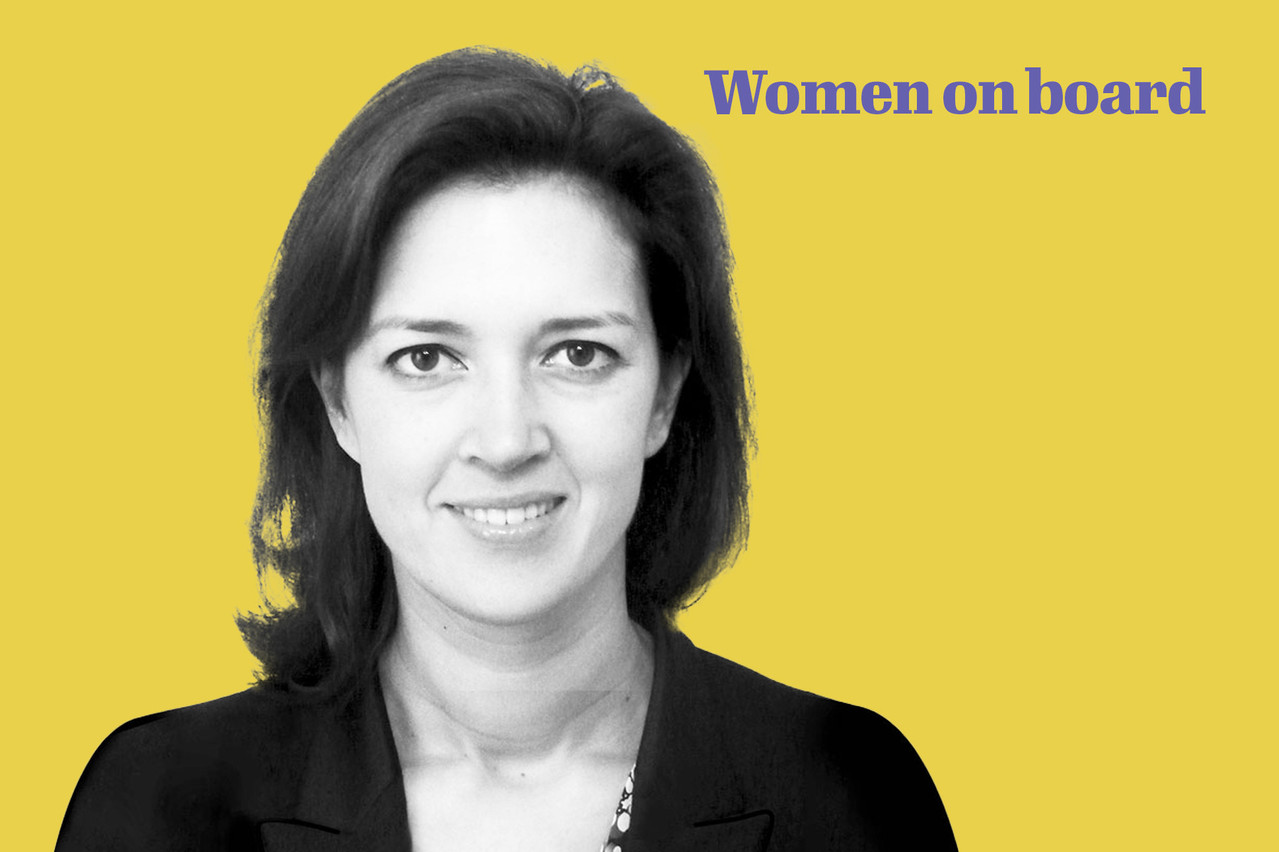Specialising in entrepreneurship, funds, technology and the luxury industry, , aged 51, is the director of jewellery store By Léa. She has also been an independent director of Kharis Capital since the start of the year.
Paperjam: What are the main challenges you have faced as a female independent director?
Léa Sitbon: I’ve had experience as a woman independent director in fairly open entrepreneurial structures, so I haven’t had any particular difficulties in making my voice heard as a woman. I’ve also moved around a lot in Anglo-Saxon environments, where it’s skills and experience that come first.
How do you deal with any resistance or scepticism towards you?
In any human communication there can be resistance or scepticism. In this case, the best thing is to make the problems explicit and to have very clear communication in order to find solutions.
Do you think that gender equality is progressing within boards of directors?
Yes, I think equality on boards is progressing because efforts are being made to open up boards to women. There is a general awareness that diversity remains positive for any structure as it allows for more informed, balanced and effective decision-making.
What do you think about quotas for women on boards?
I think that introducing quotas for women on boards of directors can be positive in terms of shaking things up, within certain structures that have not yet taken on board the positive sides of diversity. On the other hand, these quotas should not represent too great a constraint for companies in general. In reality, the most suitable profiles for the job need to be found to sit on boards of directors. So much the better if the proportion of women evolves positively within them.
As a woman director, do you feel a particular responsibility to defend issues of parity and inclusion?
As a woman director, I haven’t particularly had to defend issues of parity and inclusion within the structures in which I’ve worked. But it’s still an important issue for me. I’ve been able to defend it through my past involvement in the Fédération des femmes cheffes d’entreprises du Luxembourg as vice-president.
In your opinion, how does diversity influence the performance of a board of directors?
Diversity logically influences the performance of a board of directors because it opens up objections and different visions regarding a decision being made. A number of studies prove the effectiveness of diversity for a board of directors. In fact, this is one of the points developed extensively during the Insead International Directorship Programme training course, which I graduated from in 2018. We were able to experience the benefits of diversity and parity through practical case studies.
What solutions or policies do you think could encourage better parity?
We've mentioned the quota policy, but there’s also a whole lot of awareness-raising to be done, which can be done through conferences, meetings, education, mentoring...The Insead experience has been very constructive in this respect for all the directors who have followed the programme.
What advice would you give to a woman who is hesitant about starting her own business?
First, I’d like to understand why she feels this hesitation. I’d encourage her to work on what’s holding her back. I’d tell her to prepare herself, to get to know her strengths and weaknesses to understand where she can really add value on a board of directors. In that sense, mentoring is very useful. I myself have been lucky enough to be able to work with a mentor in the past.
Finally, do you have a memorable anecdote or moment in your career that illustrates the reality of being a woman in this role?
I don’t particularly have an anecdote that illustrates the reality of being a woman in this role. What I would simply have to say as well, because I’ve been able to work on boards where women were actually over-represented, is that we actually need diversity in both directions. Ultimately, diversity must lead to a kind of balance that enables any board to function better.
What specific advice would you give to a young woman who wants to make her mark in society? What would you advise against?
I would advise a woman who wants to take her place to think carefully about what she wants to do and what she likes to do. I’d advise her to prepare well, to develop the skills and experience that will underpin her project. I would advise her to always remain professional.
I would also advise her against wasting too much time in a professional situation that doesn’t suit her. I would encourage her to have confidence in her own values and to be open to the opportunities that may come her way.
On the other hand, I would tell her to remain very vigilant in her choices because any involvement in a board of directors implies responsibilities, duties and risks that need to be carefully thought through.
This article was originally published in .
